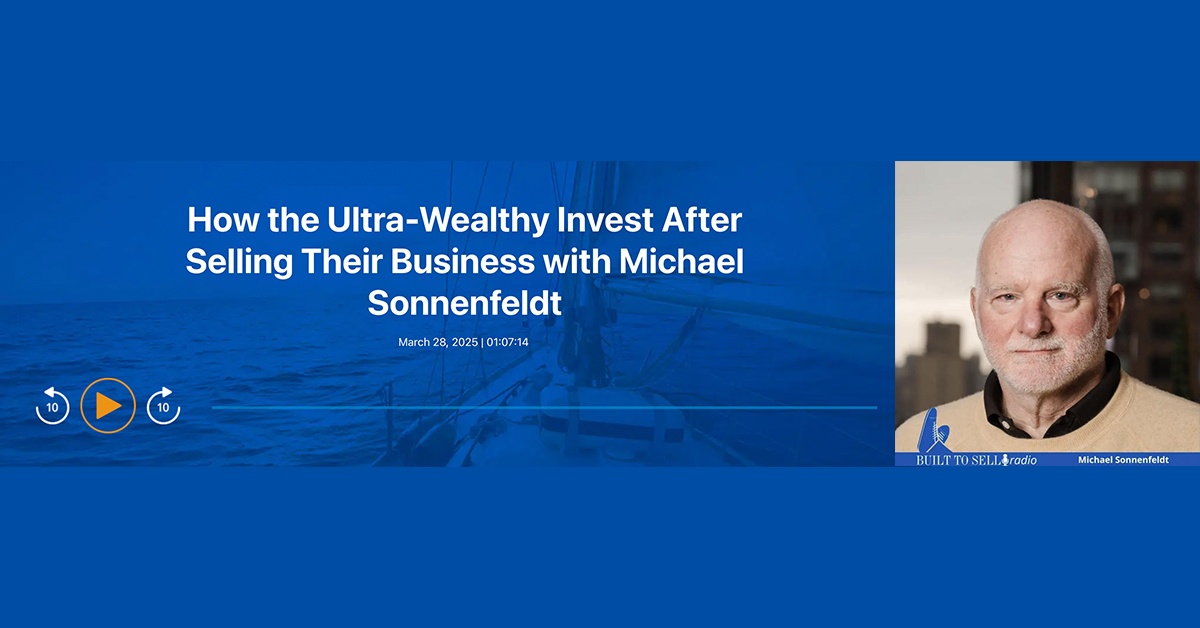New York’s Tiger 21 investment team targets growth in Canada

September 7-13, 2010 Issue 1089New York’s Tiger 21 investment team targets growth in CanadaPeer-to-peer learning group for high-net-worth investors to set up head office in Vancouver as it expands north of the borderBy Richard ChuIf you’ve got a spare $10 million or so and want a second opinion on where to invest it, a new peer-to-peer network for high-net-worth investors that’s expanding into B.C. andthe rest of Canada might be for you.New York-based Tiger 21 organizes formal learning groups for investors with at least $10 million in investible assets.Jonathan Kempner, the organization’s president, said it plans to create groups in Vancouver, Calgary, Toronto and Montreal, with Canadian operations based in Vancouver.”You likely know our partners very well; we haven’t announced them yet, but they’ll be the ones to organize it. They happen to be based in Vancouver, so that’s a big plus.”The organization was founded 11 years ago and was modelled on several professional learning groups like TEC, which organizes formal learning groups for executives.Tiger ¬Ö21’s focus, however is on providing high-net-worth investors with a monthly opportunity to share investment ideas to help preserve and increase their wealth. The organization has expanded across the U.S. to include 140 members in 12 groups in New York, Miami, Dallas San Diego, Los Angeles and San Francisco.The four new Canadian groups of 10 to 14 people will have a membership cap of 56 nationally and will likely begin meeting in 2011’s first quarter.Kempner noted that most of Tiger ¬Ö21’s membership includes main street entrepreneurs who acquired their wealth from selling their businesses and some who made their money in the financial services sector. The average member has between $50 million and $60 million in investable assets, and less than ¬Ö20% still work for a living.”Most members have sold their business or moved on or retired early because they achieved a certain level of financial security,” Kempner said. “Some don’t have experience on how to preserve their wealth, so that’s their focus for joining the group.”While each group of local members has exclusive access to key experts in the financial and investment community, the core of the eight-hour monthly meeting is a portfolio defence chaired by a professional facilitator, in which members present their investment portfolios for group critique. Kempner said members question the asset allocation and diversification of a presenter’s portfolio and share insights on what investments they should and shouldn’tmake.John Nicola of Nicola Wealth Management was generally positive about such an investment group.”It forces you to organize yourself to present the facts, which a lot of people don’t do. And you have to question your own decisions, because you know you’re going to get asked about them in the presentation.”A portfolio defence might sound threatening to a member’s wealth adviser, but Nicola said that would likely affect commission-based advisers whose members have most of their money in stocks and bonds.”If a client’s got a $10 million portfolio and decides to put half in real estate or private equity or hedge funds, that adviser is going to lose half theassets, but it wouldn’t be the case for a firm like ours, because we manage those kinds of assets.”Of the Tiger ¬Ö21 members’ $10 billion in assets, 30% are in equities, 20% are in fixed income assets and 10% are in cash. The remainder are in real estate (¬Ö25%), hedge funds (5%) and private equity funds (10%). That’s a similar asset allocation of the 10 million high-net worth individuals reported in the 2010 Capgemini Merrill Lynch World Wealth Report.Last year, high-net-worth individuals had 29% of their portfolios in equities, 31% in fixed income, 18% in real estate, 17% in cash and 6% in alternativeinvestments like hedge funds and private equity.Nicola said that if a group like Tiger 21 is drawing a lot of interest in Canada, the financial industry is failing to fill a need for the country’s wealthy.”If it’s got legs and it’s growing, it’s because there’s something occurring in the financial advisory business that’s not meeting a need or demand here.”If people are willing to pay [$30,000 a year] just to get better input on what they’re doing with their money, that’s a failure of the financial investmentindustry to objectively provide that input for them. Otherwise they wouldn’t be looking to this peer-review approach.”rchu@biv.com
About TIGER 21
TIGER 21 is an exclusive global community of ultra-high-net-worth entrepreneurs, investors, and executives.
Explore the TIGER 21 Member Experience








